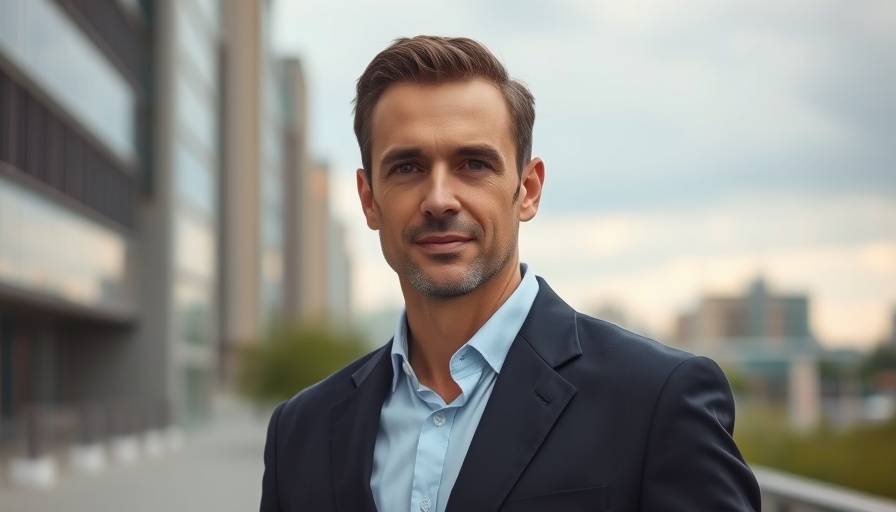
The Rising Threat of Highly Pathogenic Avian Influenza
Highly pathogenic avian influenza (HPAI) has emerged as a significant concern for poultry producers and veterinary professionals alike. Its rapid spread across avian populations is not just a biological issue; it has profound economic implications, evident in soaring egg prices driven by limited supply. Christopher Lee, DVM, MPH, DACVPM, aptly notes the devastation caused by HPAI, which can lead to the euthanasia of millions of birds. This raises evident questions about biosecurity measures and the necessity for enhanced prevention protocols.
Understanding the Mechanics of Infection
The intricacies of HPAI are complex, particularly when considering the virus’s tendency for antigenic drift and shift. These phenomena—small genetic mutations and significant shifts through genetic exchange—present continuous challenges in controlling the virus’s spread. As Lee emphasizes, wild birds serve as natural reservoirs, complicating efforts to contain the virus effectively within commercial poultry farms and backyard flocks.
The Crucial Role of Biosecurity
Biosecurity emerges as the frontline defense against HPAI. It involves a series of strategic actions aimed at minimizing the risk of infection. This includes the proper use of personal protective equipment (PPE), dedicated sanitization measures like foot baths, and restricted movement of equipment and personnel. Such measures are especially important around surface waters that attract wild birds, which can easily spread the virus to nearby poultry operations.
Challenges in Backyard Poultry Management
Backyard poultry producers face unique challenges, often emotional ones as they grow attached to their birds. Unlike large commercial operations, these producers may struggle to enforce stringent biosecurity measures due to a lack of resources and awareness. Many backyard flocks may experience rapid illness and death before producers recognize the signs of HPAI, leading to heartbreaking decisions about depopulation, which can disrupt lives and local economies. Engaging these producers with educational resources on biosecurity is vital for community health.
Path Forward: Strengthening Community Practices
Emphasizing collective responsibility is crucial in preventing the spread of HPAI. Veterinary clinic owners and managers can play a pivotal role by promoting biosecurity education among local producers and providing support to improve their practices. By adopting proactive measures and sharing knowledge, the community can not only safeguard poultry welfare but also stabilize markets, ensuring the availability of eggs and poultry products for consumers.
Increasing awareness and adaptive strategies are fundamental in combating the challenges posed by HPAI. Veterinary professionals must advocate for improved biosecurity practices, fostering partnerships that contribute to a more resilient poultry industry.
 Add Row
Add Row  Add
Add 

 Add Row
Add Row  Add Element
Add Element 




Write A Comment